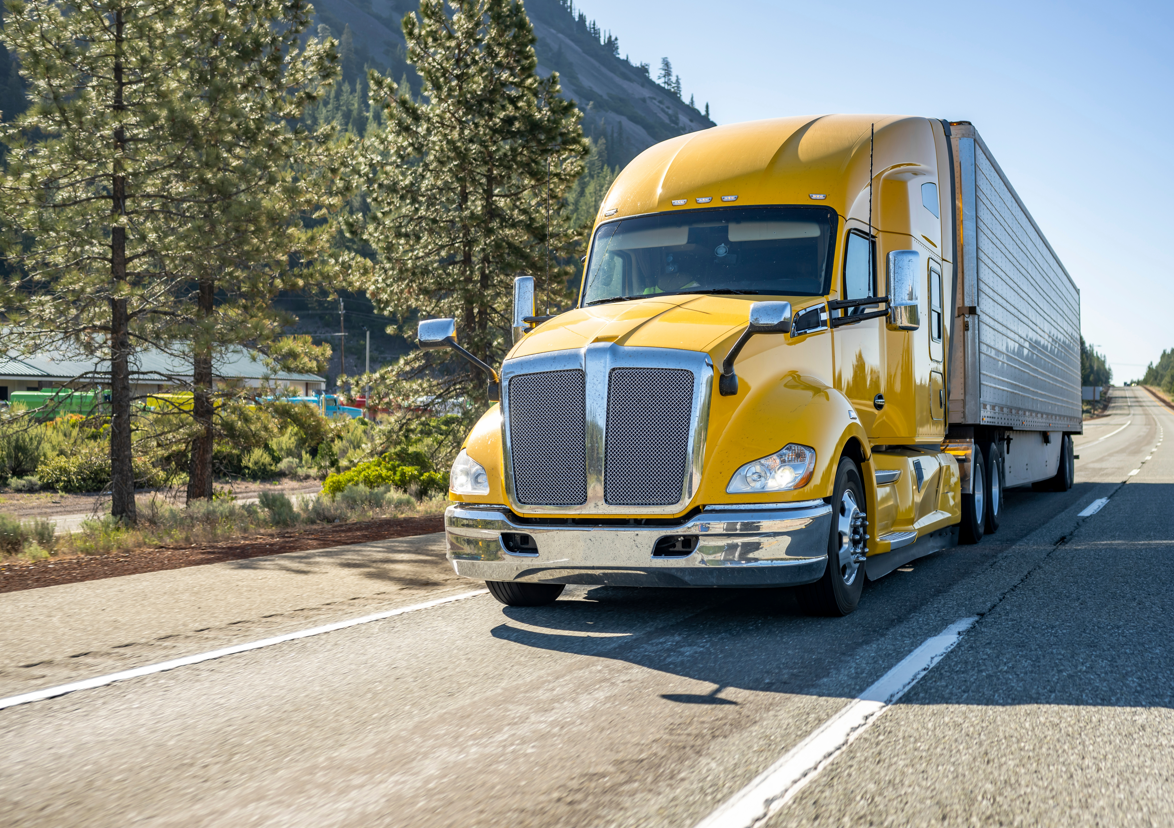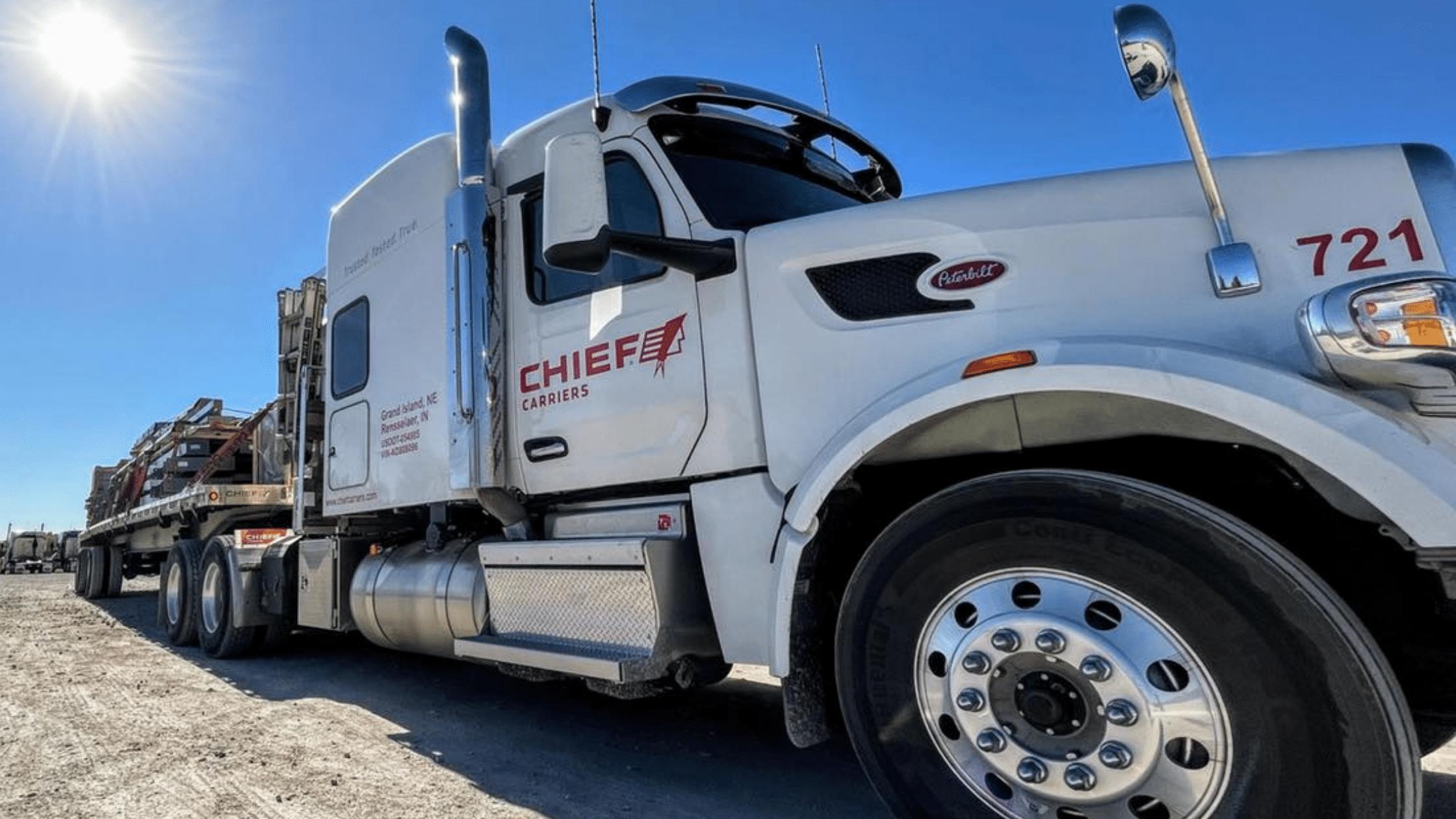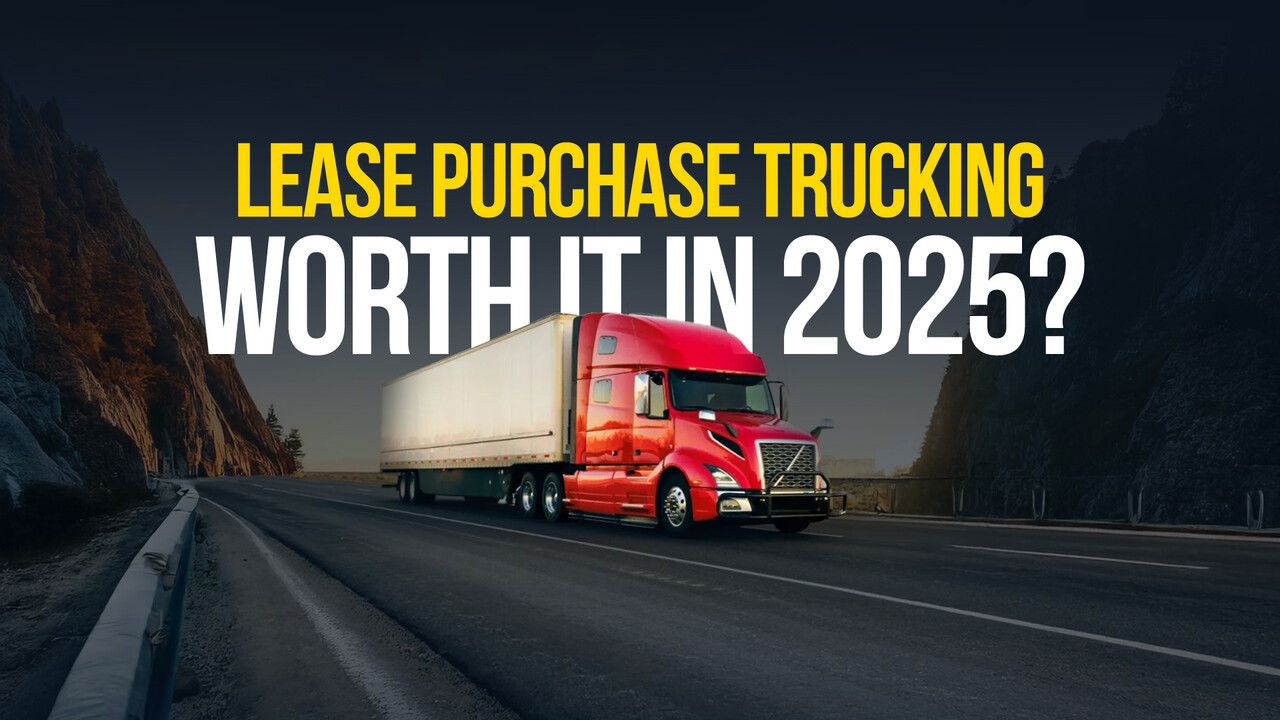Lease Purchase Tanker Trucking Companies | Your Guide
If you’re exploring the world of commercial trucking, you’ve likely encountered the term “lease purchase.” This financing model has become a popular pathway for drivers aiming to become owner-operators without the substantial upfront capital typically required. This comprehensive guide will walk you through everything you need to know about lease purchase tanker trucking companies, helping you determine if this route is the right fit for your career and financial goals. We’ll break down the pros, cons, key considerations, and how to identify reputable companies.

What Exactly is a Lease Purchase Agreement?
In the trucking industry, a lease purchase agreement is a contractual arrangement between a driver and a carrier. It allows a driver to lease a truck from the company with the option to buy it at the end of the lease term. Payments are typically deducted directly from your weekly settlement, and a portion of each payment often goes toward the final purchase price.
This model is distinct from a traditional commercial loan. You’re not dealing with a bank; you’re dealing with your employer. This can be an advantage for those with less-than-perfect credit, but it also means the terms are entirely set by the carrier. Understanding the fine print is absolutely critical before you sign on the dotted line.
Weighing the Pros and Cons of a Tanker Truck Lease Purchase
Like any major financial decision, entering a tanker truck lease purchase program comes with its own set of advantages and challenges. Let’s examine both sides.
The Advantages
- Lower Barrier to Entry: The most significant benefit is the low or no down payment requirement. You can start driving a truck toward ownership without saving tens of thousands of dollars first.
- Path to Ownership: It provides a clear, structured path to becoming an owner-operator. You get to “test drive” both the truck and the business of being your own boss.
- Company Support: Reputable companies offer support including freight dispatch, maintenance programs, and fuel discounts, which can be invaluable for someone new to the business side of trucking.
The Potential Drawbacks
- Total Cost: By the end of the lease, you may end up paying more for the truck than its market value. It’s crucial to calculate the total cost of the lease versus a traditional loan.
- Contractual Obligations: You are often locked into hauling freight exclusively for that carrier for the duration of the lease. If freight is slow, your income suffers directly.
- Responsibility for Costs: Even though you don’t own the truck yet, the lease may make you responsible for certain repair costs, taxes, and insurance, blurring the line between company driver and owner.
Key Factors to Scrutinize Before You Sign
Not all lease purchase programs for truck drivers are created equal. Doing your due diligence is non-negotiable. Here are the critical questions you must ask:
1. The Complete Financial Picture
Get a detailed, written breakdown of all costs. What is the weekly payment? What is the final purchase price (the “buyout”)? Is there a balloon payment at the end? Are there any hidden fees for administration, escrow, or forced compliance? A 2021 report from the American Transportation Research Institute (ATRI) highlighted that understanding total operational costs is the top concern for new owner-operators. Transparency here is the first sign of a trustworthy company.
2. The Truck Itself
What is the year, make, model, and most importantly, the mileage of the truck? A newer truck might have higher weekly payments but lower maintenance costs. Get a pre-purchase inspection from an independent mechanic, even if the company says it’s not necessary. This single step can save you from inheriting a money pit.
3. Maintenance and Repair Responsibilities
This is a major point of variation. Who pays for routine maintenance (oil changes, tires)? Who pays for unexpected major repairs (engine, transmission failure)? Is there a maintenance escrow account that you fund? A clear, fair maintenance policy is a hallmark of a good tanker trucking company.

4. Freight and Revenue
How does the company secure freight? What are the average miles per week they can offer drivers in your desired segment (e.g., chemical, petroleum, or food-grade tankers)? Ask to see sample revenue statements from current lease purchase operators. If they are hesitant to provide this, consider it a red flag.
Lease Purchase vs. Company Driver vs. Owner-Operator
How does a lease purchase stack up against the other primary models in tanker trucking? The following table provides a clear comparison.
| Model | Initial Cost | Income Potential | Control & Flexibility | Financial Risk |
|---|---|---|---|---|
| Company Driver | None | Lower, but stable | Low (assigned routes, schedules) | Low |
| Lease Purchase | Low/Moderate | Moderate/High (varies greatly) | Moderate | Moderate/High |
| Owner-Operator | Very High | Highest | Highest | Highest |
Expert Insight: Navigating the Decision
We consulted with industry veterans who have reviewed countless fleet operations. Their consensus is that a successful truck lease purchase hinges on the carrier’s reputation and the driver’s business acumen.
“A lease purchase can be a fantastic stepping stone, but it’s not a magic bullet,” one industry analyst with over 20 years of experience noted. “Drivers must approach it as running a small business from day one. That means tracking every expense, understanding revenue-per-mile, and not just focusing on the weekly gross. The most successful operators I’ve seen are those who treat the truck as their own from the very first mile, proactively maintaining it and questioning costs that don’t make sense.”
Red Flags to Watch Out For
Protect yourself by being wary of companies that exhibit these warning signs:
- High-Pressure Sales Tactics: Legitimate companies will give you time to review the contract and seek advice.
- Vague or Contradictory Answers: If they can’t clearly explain the buyout price or repair responsibilities, walk away.
- Promises of “Get Rich Quick”: Tanker trucking is a respectable and potentially lucrative career, but it requires hard work and smart financial management. Be skeptical of unrealistic income claims.
- Poor Reviews from Current/Past Drivers: Search online forums and review sites. A pattern of complaints about hidden fees or unreliable freight is a major warning. The U.S. Department of Labor’s website on motor carrier standards is a good resource for understanding your rights.
Frequently Asked Questions
Can I walk away from a lease purchase agreement?
This depends entirely on the contract. Some agreements are “lease-to-own,” meaning you are obligated to purchase the truck. Others are a “lease with an option to purchase,” giving you the right, but not the obligation, to buy. Understand which one you are signing. Walking away early may involve significant penalties.
What happens if the truck breaks down during the lease?
The answer should be explicitly detailed in your contract. In some cases, the company covers all repairs. In others, you are responsible for costs up to a certain amount, or you pay from a dedicated maintenance escrow account. Never assume; always have it in writing.

Is a tanker endorsement difficult to get?
Adding a Tank Vehicle (N) endorsement to your Commercial Driver’s License (CDL) involves a written exam. According to the Federal Motor Carrier Safety Administration (FMCSA), the test covers the unique handling, safety, and inspection procedures for tank vehicles. With proper study, most drivers find it manageable.
What is the earning potential in tanker lease purchase?
Earnings vary widely based on the company, the freight (hazmat vs. non-hazmat), fuel prices, and your ability to manage costs. After accounting for all expenses, a well-managed lease purchase operation can be significantly more profitable than being a company driver, but it requires a sharp eye on the bottom line.
Final Thoughts
A lease purchase tanker trucking opportunity can be a powerful vehicle for achieving financial independence and business ownership in the transportation industry. However, it is a serious commitment that requires diligence, research, and a solid understanding of business fundamentals. By carefully evaluating the company, scrutinizing the contract, and planning for all costs, you can make an informed decision that sets you on the road to long-term success.
Sources and Further Reading
- American Transportation Research Institute (ATRI). “An Analysis of the Operational Costs of Trucking.” 2021.
- U.S. Department of Labor. “Motor Carrier Standards.”
- Federal Motor Carrier Safety Administration (FMCSA). “Official Website.”









